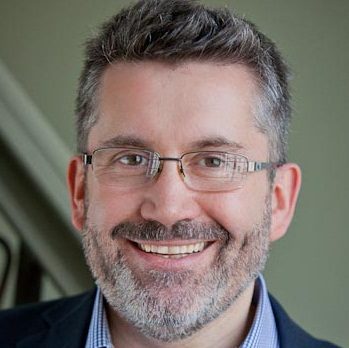Andrew Seaton

Andrew is a consultant in infectious diseases and general medicine in the Queen Elizabeth University Hospital, Glasgow and Honorary Clinical Associate Professor at Glasgow University. He trained in Aberdeen and Dundee and worked as a clinical lecturer in the University of Papua New Guinea.
He established and leads the NHS Greater Glasgow and Clyde health board outpatient parenteral antimicrobial therapy (OPAT) service and the Antimicrobial Management Team. He is Chair of the Scottish Antimicrobial Prescribing Group (SAPG) and is also a member of several other national committees relating to Healthcare associated infection, antimicrobial prescribing and interface care. He is the co-lead of the British Society of Antimicrobial Chemotherapy (BSAC) OPAT initiative.
He co-authored the UK OPAT Good Practice Recommendations in 2012 (and updated in 2019) as well as the Future Learn OPAT MOOC in 2018 and the BSAC EWMA antimicrobial stewardship guidance in wound care in 2015.
He is a section editor of the International Journal of Antimicrobial Agents and JAC- AMR and has published more than 150 peer reviewed articles in the field of infectious diseases, OPAT and antimicrobial stewardship
Presentation at The Society of Tissue Viability 2022 Conference
How can we improve antimicrobial stewardship in wound care? Panel debate
Objectives
After attending this session, persons will be able to:
- Have a better understanding of the principles of AMS
- Recognise the importance of AMS within wound care
- Be able to identify the challenges in promoting AMS in practice
- Be able to recognise their role in AMS
- Have a greater understanding of how AMS can be conducted when caring for patients with infected wounds
Abstract
With the growing global problem of antimicrobial resistance, it is crucial that clinicians use antibiotics wisely, which largely means following the principles of Antimicrobial Stewardship (AMS). This is a multi-modal approach that includes infection prevention and the promotion of judicious use of antimicrobials to preserve their future effectiveness, while also improving the safety and quality of patient care (NICE, 2014; NICE 2015).
All open wounds will be colonised with bacteria, but antibiotic therapy is only required for those that are clinically infected. It is known that this guidance isn’t always followed, with some patients receiving multiple courses of antibiotics for wound infections that have been misdiagnosed.
In addition, topical antimicrobials are being increasingly used in wound care creating concerns of micro-organisms developing resistance to these therapies as well.
This panel discussion will explore some of the challenges in managing wounds at risk of infection and will provide delegates with a greater understanding of why AMS is important, who should be involved in AMS and what decisions/ action should be taken when caring for patients with infected wounds.














